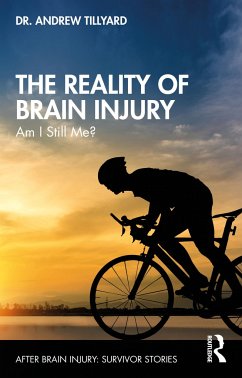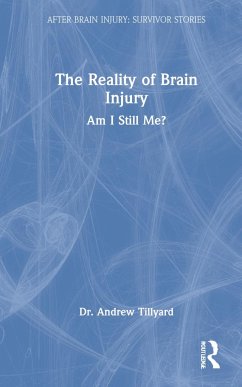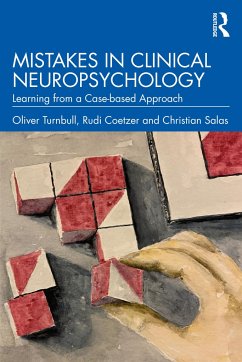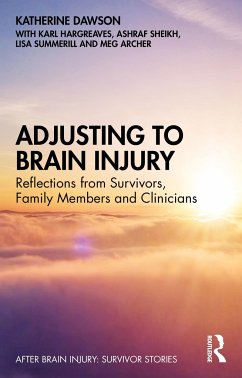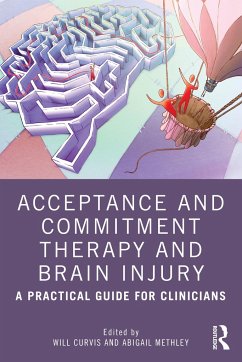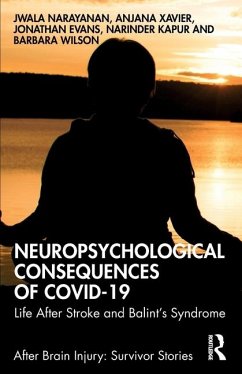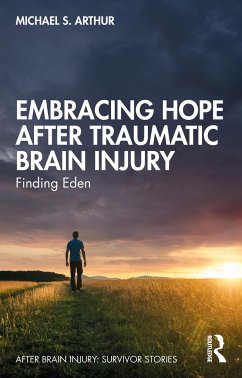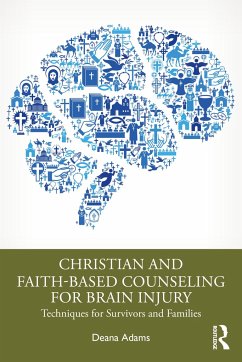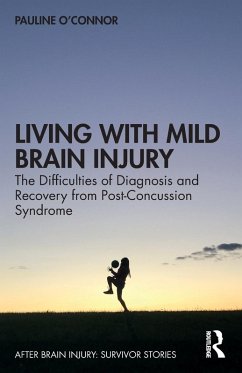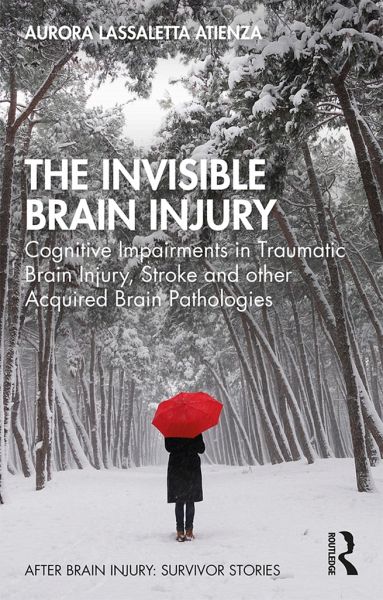
The Invisible Brain Injury
Cognitive Impairments in Traumatic Brain Injury, Stroke and other Acquired Brain Pathologies
Versandkostenfrei!
Versandfertig in 6-10 Tagen
29,99 €
inkl. MwSt.
Weitere Ausgaben:

PAYBACK Punkte
15 °P sammeln!
The Invisible Brain Injury recounts, in her own words, the experience of Aurora Lassaletta, a clinical psychologist who suffered a traumatic brain injury (TBI) after a traffic accident. Presenting her unique dual perspective as both a patient and a clinician, Aurora highlights the less visible cognitive, emotional and behavioural symptoms common to acquired brain injury (ABI).This moving account showcases Aurora's growing awareness of her impairments, their manifestation in daily life, how they are perceived, or not, by others and the tools that helped her survive. Each chapter combines Aurora...
The Invisible Brain Injury recounts, in her own words, the experience of Aurora Lassaletta, a clinical psychologist who suffered a traumatic brain injury (TBI) after a traffic accident. Presenting her unique dual perspective as both a patient and a clinician, Aurora highlights the less visible cognitive, emotional and behavioural symptoms common to acquired brain injury (ABI).
This moving account showcases Aurora's growing awareness of her impairments, their manifestation in daily life, how they are perceived, or not, by others and the tools that helped her survive. Each chapter combines Aurora's perspective with the scientific view of a professional neuropsychologist or physiatrist who provide commentaries on her various symptoms.
This book is valuable reading for professionals involved in neurorehabilitation and clinical neuropsychology and for clinical psychology students. It is a must read for ABI survivors, those around them and clinicians,who are all an essential part of the rehabilitation, adjustment and acceptance process involved with ABI.
This moving account showcases Aurora's growing awareness of her impairments, their manifestation in daily life, how they are perceived, or not, by others and the tools that helped her survive. Each chapter combines Aurora's perspective with the scientific view of a professional neuropsychologist or physiatrist who provide commentaries on her various symptoms.
This book is valuable reading for professionals involved in neurorehabilitation and clinical neuropsychology and for clinical psychology students. It is a must read for ABI survivors, those around them and clinicians,who are all an essential part of the rehabilitation, adjustment and acceptance process involved with ABI.





